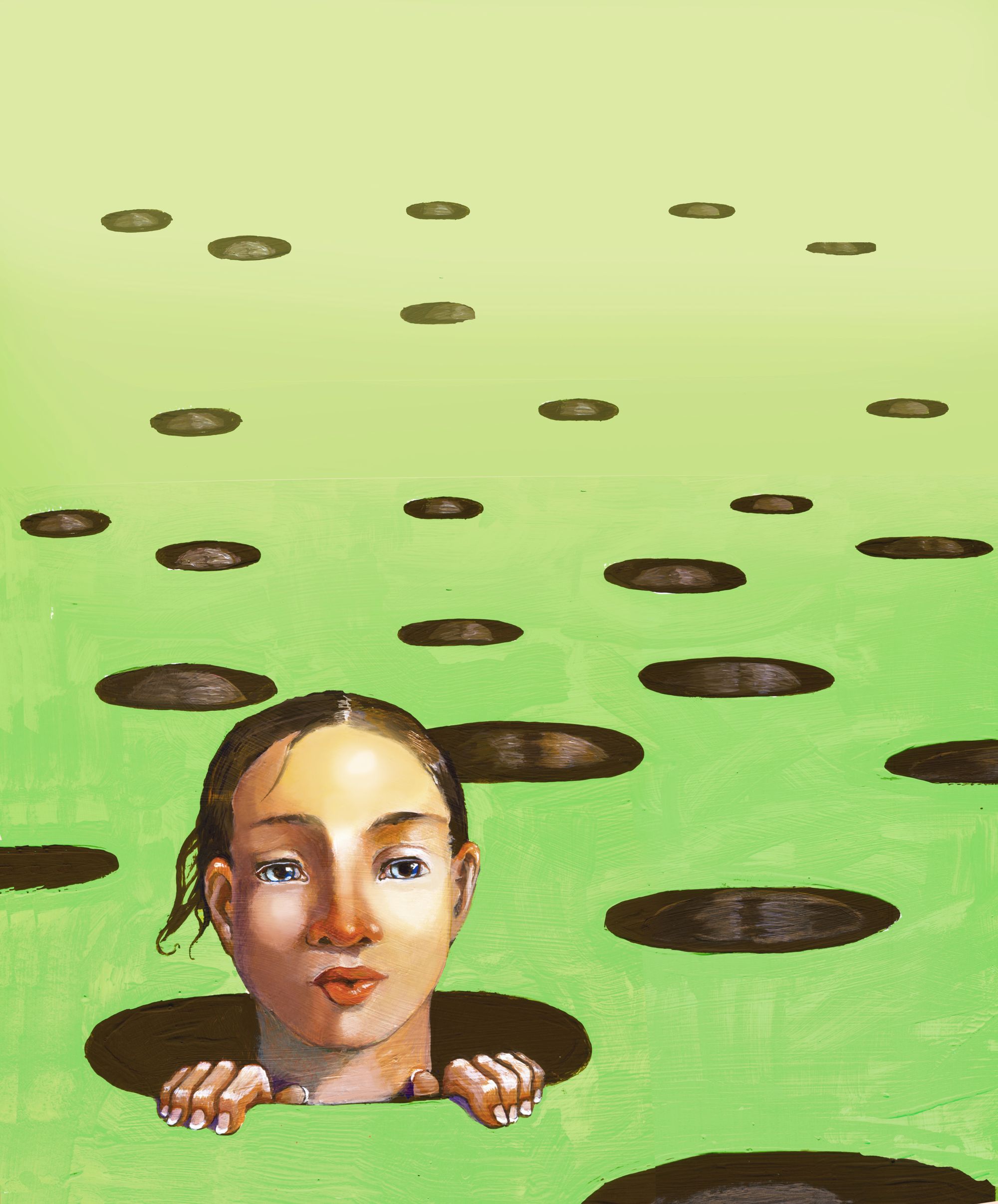
Writers Shouldn’t Have to Sell Our Souls
Being a writer is a multi-faceted job.
Before I signed my first publishing contract, I was naïve enough to think most of my time would be spent honing my craft—tapping away at my laptop’s keyboard in coffee shops and signing up for the occasional online course to keep things fresh.
Little did I know …
It quickly became apparent that the expectations of what the role of midlist author entails involves more than committing to getting 1,000 words down each day. Accounting, record-keeping, and publicity all take time (as well as being a drain on the creative juices), but what surprised me the most was how much of myself I was encouraged to share.
Our Lives Aren’t That Exciting
Authors are advised to develop our social media channels, giving readers an insight into life as a writer. Keeping Facebook pages, Instagram grids, Twitter feeds, and TikTok videos updated is exhausting, especially as many writers live a very ordinary life.
Finding ways to make writing look glamorous and interesting isn’t easy when most days are the same and devoid of awards ceremonies or publication parties. There are only so many arty shots of coffee cups or fingers hovering over a keyboard you can post before it gets boring.
The sharing goes beyond social media, too. Articles in the local press, radio interviews, television promotions—these are all common ways for authors to spread the word about their latest works.
Writers are often quiet people. They observe, they contemplate, they feel. For the Myers-Briggs fans among us, many writers are INFJs. Extroversion isn’t the natural state for most writers, and it can be counterintuitive for them to give so much of themselves on a regular basis.
The Impact on Work/Life Balance
It can also be difficult to know where to draw the line and how much information to share. Days out with family and friends can become a photo opportunity, which brings with it the debate about whether their privacy is being invaded.
At best, what should be a relaxing time with loved ones can easily be impacted by this soft-form marketing. With the line between work and play blurring, the boundaries for writers are no longer clear. What impact does this have on work/life balance? And how does it affect an author’s physical and emotional wellbeing, and that of their family? No one, regardless of their job, should be on call 24/7, which is a very real risk for authors when social media is used as a sales tool.
Invasion of Privacy
As well as the need to create a buzz of publicity, the rise in ‘own voices’ has also encouraged authors to share their personal life. This has both positive and negative effects. While representation is great and the importance of lived experience is finally been recognized, is this putting pressure on authors to reveal aspects of their life that they would rather keep private? This is particularly relevant to consider in relation to creatives who have invisible protected characteristics, such as neurodivergent or queer writers.
As a marketing tool, writers of fiction are often asked about the links between their characters and themselves. In some circumstances, this can lead to authors being pressurized into reliving traumatic events such as bereavements or abuse.
It is important to remember that in our digital world, whatever is disclosed is out there forever, meaning anything shared is in the public domain. This increases the likelihood of information being brought up repeatedly, which could have negative impacts on an author’s mental health.
We Are Not Clickbait
For writers of op-eds and blogs there’s an even greater pressure to share. Publications are looking for a juicy first-person story and strong views. In many cases, quality writing isn’t enough—there needs to be controversy to draw in readers.
I have spoken to writers who have filed an article only to find the published piece has been sensationalized during the editing process. It should go without saying, but this is not OK.
Writer’s lives are not clickbait, and they are not a work of fiction to be dramatized for effect.
Allow Us to Concentrate on What We Do Best—Writing
Writers are encouraged to give so much of themselves, but this takes time and energy that can be better spent doing what we do best. Few writers want to be celebrities, yet there’s little room for those who want to keep an enigmatic aura.
The line between the creator and the product is becoming ever fainter.
In a world where posting pictures of the most mundane aspects of our lives is commonplace, we need to normalize the right for an artist to keep a healthy distance between themselves and their art. What authors share needs to be on their own terms, not those of a marketing team or an overzealous editor.
Writers shouldn’t have to sell their souls to sell their words—nor should we expect them to.
*Feature image by Cristina Bernazzani (Adobe)

